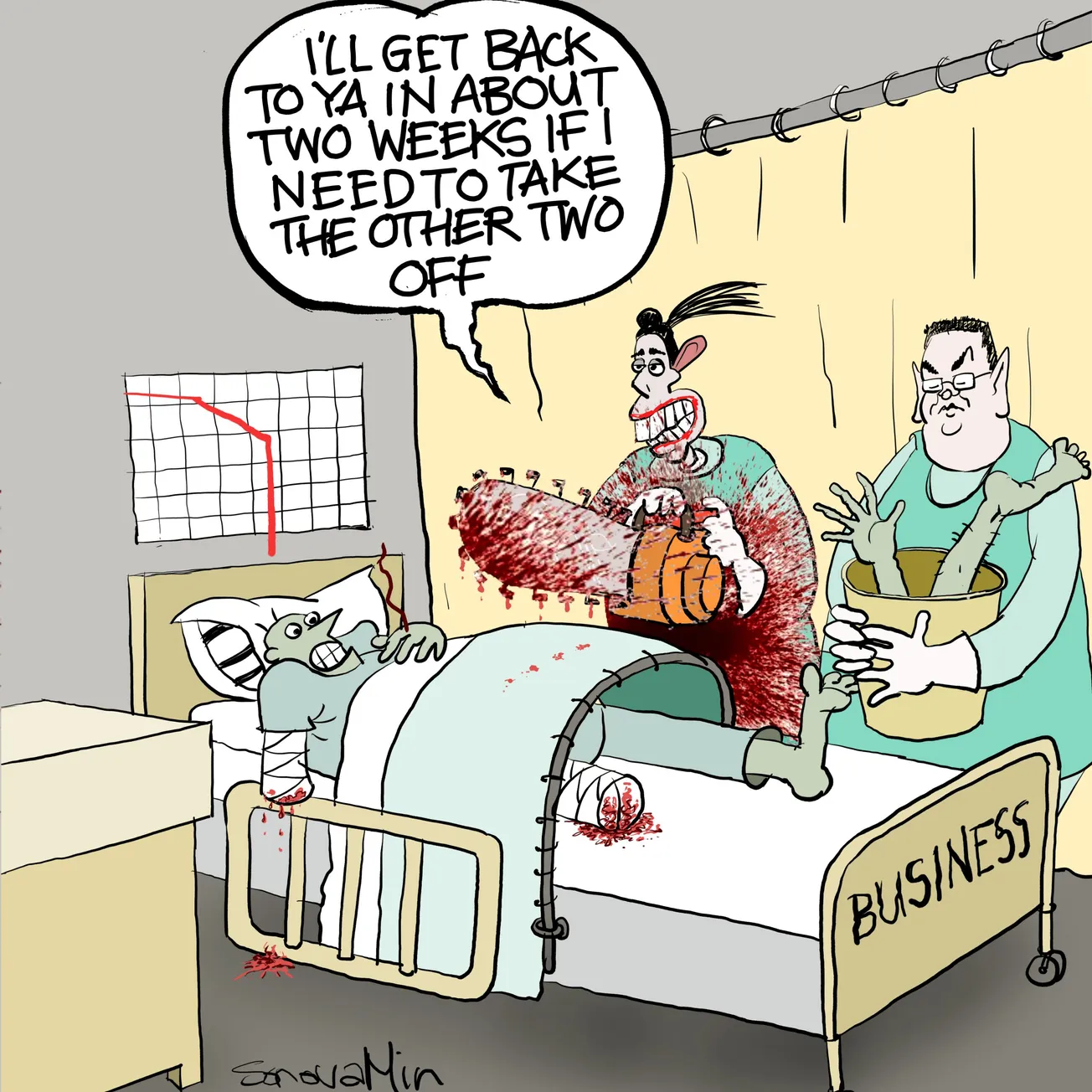Table of Contents
The government’s small business loan scheme has started this week. Administered by the IRD, it allows small businesses to borrow $10,000, plus $1800 for every employee, up to a maximum of $100,000. Eligibility for the loan scheme is much the same as for the wage subsidy; you have to be able to verify a drop in earnings of over 30% for at least one month this year, compared to the same period last year, and the drop in income must be related to COVID-19. This revenue decline must happen between 1 January and 9 June 2020.
This scheme is not to be confused with the wage subsidy though. This is a loan scheme, and the money, all of it, must be paid back. If the loan is paid back within one year, there will be no interest payable. After the first year, the interest rate will be 3% per annum, but no repayment is required for the first two years. The loan must be paid back, with accrued interest, within 5 years.
Applications for loans opened on May 12th, and can be done through your MyIR account with the IRD. Like the wage subsidy, it is expected that funds will be paid out very quickly. I have suggested to one or two clients that they apply for the money, bank it and see if they need it. If it is not needed, the money can be paid back within a year with no interest cost. If it turns out that the money was needed, then 3% is quite a cheap rate of interest, and is certainly better than borrowing on a credit card for a small amount of cash.
Reading through the small print, however, there are, as always with the IRD, fishhooks.
Once the first 2 years are up, IRD will then set up a repayment arrangement to repay the debt. It is not clear if the borrower will have any input into the amount of repayments that are set. Historically, IRD has had an annoying habit of telling taxpayers what they can afford to repay, when in fact they have no actual idea. But that is not the worst problem. If a borrower defaults on the loan repayments, this may be considered as an ‘event of default’, meaning that IRD can then demand full repayment of the loan immediately.
Also in the event of a default, a penalty interest rate will apply. This will mean that the interest rate on the loan will go from 3% to 10%. And yes, as far as I can tell, missing one payment may trigger either of these outcomes. Effectively, in the event of default, IRD are charging the current ‘use of money’ interest rate of 7%, to be added to the original interest rate of 3%.
I have said it before. Never trust the IRD. Their slogan used to be “It’s Our Job to be Fair”, but they abandoned it a long time ago, mainly because much of what they do, particularly to defaulting taxpayers, amounts to throwing a boulder at a drowning man to help him to sink a lot faster.
So I have revised my advice to clients, and have suggested that they avoid this loan scheme like the plague… which seems appropriate, under the circumstances.
The idea of this scheme is to help struggling businesses, and the worst thing about operating a business at the moment is the economic uncertainty. No one knows what the next couple of years will be like. No one ever knows; but things are much more opaque than normal at the moment. No business going into this scheme will know whether they will be able to repay the loan or not, and they certainly will not know whether they can do it within the time frame. To offer a loan scheme to struggling businesses, demanding that repayments start at month 25 and then penalising for default, is not my idea of a scheme to help keep businesses afloat.
Imagine if the owner of a business in the tourist industry took out one of these loans, in the hope that it would tide them over until international tourism started up again, but found that tourist numbers in 2 years time are way down on what was expected. They will find themselves having to repay a loan when the business has not had a chance to get going yet. If they default, which is quite possible, they are paying penal rates of interest, or possibly facing a demand for full and final payment from the IRD. All from the government that is “bringing kindness back”.
Think long and hard before taking out one of these loans. They are only worth pursuing if you are fairly certain you won’t need the money in the long run, and that does not seem to me to be a great help to any business in the current economic climate. But with years of experience of dealing with them, I expected nothing less from the IRD.
If you enjoyed this BFD article please consider sharing it with your friends.









